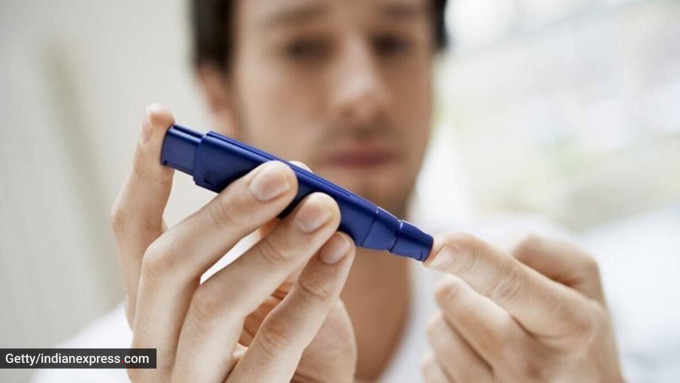This is what happens to the body when you suddenly stop taking diabetes medication
We all know the importance of taking prescribed medicines for good health. But have you ever thought about what would happen when you think you feel better and no longer need them? That’s exactly what we are here to tell you — especially those of you taking pills to manage your sugar level or diabetes.
According to the Indian Council of Medical Research (ICMR), India has around 101 million people living with diabetes, said Dr Manoj Chawla, consultant, diabetology, P.D. Hinduja Hospital and MRC, Khar, adding that it is a chronic condition warranting continuous care through lifestyle modification, monitoring, and medications and a failure to do so can have serious consequences on the blood sugar levels, leading to a rapid spike.

Agreeing, Dr Rajeev Gupta, director, internal medicine, CK Birla Hospital (R), Delhi stressed that there is no cure for diabetes. “Remission is possible only in a few cases, that too only in the early years by following vigorous lifestyle modification, weight loss, care, and prescribed medication. Uncontrolled diabetes very often may be asymptomatic, making many patients ‘feel fine’. However, that is an inaccurate way to assess one’s diabetes level. Conditions like diabetes warrant the continuity of medications as an interruption or sudden stoppage may lead to an increased risk of infections and the possibility of acute complications like diabetic ketoacidosis, a life-threatening condition characterised by the buildup of acids in the blood, which can lead to coma if not treated promptly,” explained Dr Gupta.
He added that the silent nature of diabetes can be tricky, and diabetics often may not feel anything till it is too late. “Stopping medications can also lead to glycaemic variability and increase chances of long-term complications like blindness, kidney failure, and leg amputations. There is also the possibility of muscle and weight loss, dehydration, fatigue, and medications losing efficacy due to interrupted care,” Dr Gupta told indianexpress.com.
 Here’s what to note (Source: Getty Images/Thinkstock)
Here’s what to note (Source: Getty Images/Thinkstock)
Furthermore, the risk of acute medical events like stroke and myocardial infarction (heart attack) increases significantly. “It’s essential to manage diabetes with a consistent treatment plan to prevent these potentially dangerous outcomes. Always consult with a healthcare provider before making any changes to your medication regimen to ensure safe and effective diabetes management,” said Dr Chawla.
It is important for a person with diabetes to monitor the levels and follow their diabetologist’s advise regarding medication adjustment and timely screening for complications at all times.
DISCLAIMER: This article is based on information from the public domain and/or the experts we spoke to. Always consult your health practitioner before starting any routine.
📣 For more lifestyle news, click here to join our WhatsApp Channel and also follow us on Instagram
Disclaimer: The copyright of this article belongs to the original author. Reposting this article is solely for the purpose of information dissemination and does not constitute any investment advice. If there is any infringement, please contact us immediately. We will make corrections or deletions as necessary. Thank you.
